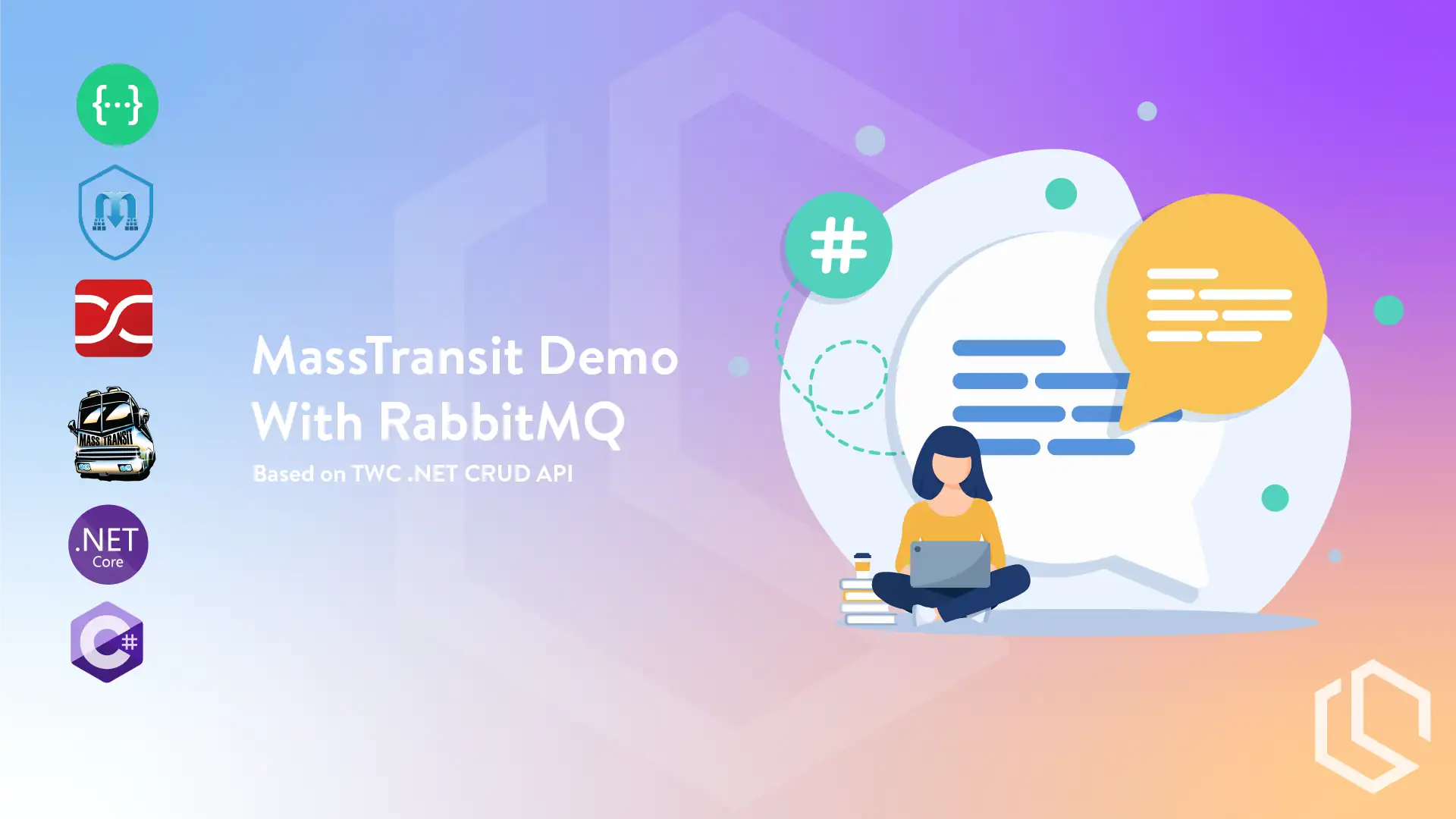An Introduction to C# Fundamentals
C# is a popular object-oriented programming language developed by Microsoft in the early 2000s. In this section I will give you a brief introduction to C# and hopefully by the end you will have a better understanding why you should learn programming in C#.

C# is a popular object-oriented programming language developed by Microsoft in the early 2000s. It was designed to be simple, modern, and easy to learn, while also being powerful and efficient. Since its release, C# has become one of the most widely-used programming languages in the world, with applications in a variety of industries, including software development, gaming, finance, and more.
Introduction
C# is particularly well-suited for building Windows desktop applications, web applications, and games. It offers a number of powerful features, such as garbage collection, type safety, and automatic memory management, which make it easier to write code that is safe, efficient, and reliable. Additionally, C# is often used in combination with other Microsoft technologies, such as .NET, to create powerful, scalable applications that can run on a wide range of devices and platforms.
If you are interested in learning programming or looking to expand your programming skills, C# is an excellent language to start with. In this blog post, we'll explore the basics of C# and why you should consider learning it. We'll also provide some tips and resources for getting started with C# and developing your skills as a programmer.
What is C#?
C# is a modern, object-oriented programming language that was developed by Microsoft in the early 2000s. It is based on the syntax of the popular programming language C++, but with some important differences. C# is designed to be simple, modern, and easy to learn, while also being powerful and efficient. Below is an example of a C# program to give you an understanding of what it looks like.
using System;
class Hello
{
static void Main()
{
// This line prints "Hello, this is TWC"
Console.WriteLine("Hello, this is TWC");
}
}C# is a strongly typed language, which means that every variable in a C# program must be declared with a specific data type. This helps to prevent common programming errors and makes C# programs more reliable and efficient. C# also supports automatic memory management, which means that the language takes care of allocating and freeing up memory for you, making it easier to write safe and efficient code.
C# is particularly well-suited for building Windows desktop applications, web applications, and games. It offers a number of powerful features, such as garbage collection, type safety, and automatic memory management, which make it easier to write code that is safe, efficient, and reliable. Additionally, C# is often used in combination with other Microsoft technologies, such as .NET, to create powerful, scalable applications that can run on a wide range of devices and platforms.
Compared to other programming languages, C# is relatively easy to learn. The syntax is clean and easy to read, and there are plenty of resources available online for beginners to get started (Including Tech with Christian). However, C# is also a powerful language that can be used for complex applications, so there is plenty of room for growth and development for more advanced programmers.
When you get to the more advanced topics, I am sure you will also find some useful stuff on my blog. Here is an example, where I teach you how to build an event-driven API. Don't be scared, you WILL get there one day!

Why should you learn C#?
There are several compelling reasons why you should consider learning C#:
- High demand for C# developers - There is currently a high demand for developers who are proficient in C#. Many companies, particularly those in the software development and gaming industries, are looking for programmers who can build robust, efficient applications using this language.
- C# is used for various applications - C# is used to build a wide range of applications, from desktop software to web applications and games. This means that if you learn C#, you'll have the skills to work on a variety of projects in different industries.
- C# is beginner-friendly - C# is a great language for beginners to learn. The syntax is clean and easy to read, and there are plenty of resources available online for beginners to get started. Additionally, because C# is used in combination with other Microsoft technologies, such as .NET, there is a large and active developer community to support you as you learn.
- Opportunities for career growth - As mentioned earlier, there is currently a high demand for developers who are proficient in C#. This means that if you learn C#, you'll have plenty of opportunities to advance your career and work on exciting projects.
In addition to these reasons, learning C# can also be a great way to develop your problem-solving skills and expand your understanding of programming concepts. C# is a powerful language that can be used to build complex applications, so it's a great language to learn if you're looking to challenge yourself and grow as a programmer.
Learning C# today is a wise investment in your future as a developer. With its versatility, performance, and wide adoption across industries, C# empowers you to build anything from desktop applications to web services and games. - Christian Schou
How to learn C#?
Learning C# can seem daunting at first, but with the right approach and resources, it can be a rewarding and enjoyable experience. Here are some tips for learning C#:
- Start with the basics - Begin by learning the basics of C#, including syntax, variables, data types, and control structures. It's important to have a solid foundation before moving on to more advanced topics.
- Practice coding - The best way to learn C# (or any programming language) is by practicing coding. Start with simple programs and gradually work your way up to more complex projects.
- Use online resources - There are plenty of online resources available for learning C#, including tutorials, video courses, and forums. Some popular resources include Microsoft's official documentation, Pluralsight, Udemy, and Codecademy.
- Join a developer community - Joining a developer community can be a great way to connect with other programmers and get help and support as you learn C#. There are many online communities, including forums, Discord channels, and Reddit threads, where you can ask questions and share your code.
- Build projects - One of the best ways to learn C# is by building projects. This can help you apply the concepts you've learned and gain practical experience. Start with simple projects, such as a calculator or a text editor, and work your way up to more complex projects, such as a game or a web application.
- Consider taking courses - If you prefer a more structured approach to learning, consider taking C# courses. There are many online courses available, including those offered by Microsoft, Udemy, and Pluralsight. The one you are doing right now is only to get you started with C#, but I also offer advanced courses.
- Practice regularly - Finally, it's important to practice regularly. Consistent practice can help you build momentum and reinforce the concepts you've learned. This will also help you to become a better programmer overall.
Learning C# takes time and effort, but with the right approach and resources, it can be a rewarding and enjoyable experience. By starting with the basics, practicing coding, using online resources, joining a developer community, building projects, taking a course, and practicing regularly, you can become proficient in C# and start building your own applications.
Summary
In conclusion, learning C# can be a great investment for anyone interested in programming or looking to expand their skill set. As a powerful and versatile language, C# is used to build a wide range of applications in various industries. Its beginner-friendly syntax and large developer community makes it a great language for beginners to learn, while its demand in the job market presents exciting career opportunities for experienced programmers.
When it comes to learning C#, it's important to start with the basics, practice coding, use online resources, join a developer community, build projects, take a course here and there, and practice regularly. With dedication and persistence, anyone can learn C# and become proficient in building applications using this language.
So if you're looking for a new challenge or an exciting career opportunity, consider learning C# today. Whether you're a beginner or an experienced programmer, there's never been a better time to start. But hey! You have already begun since you've read this far. Give yourself applause!
Next Section
In the next chapter, we will take a look at how you get started with C#. You will see how to install the necessary tools and how you can set up your first developer environment.
